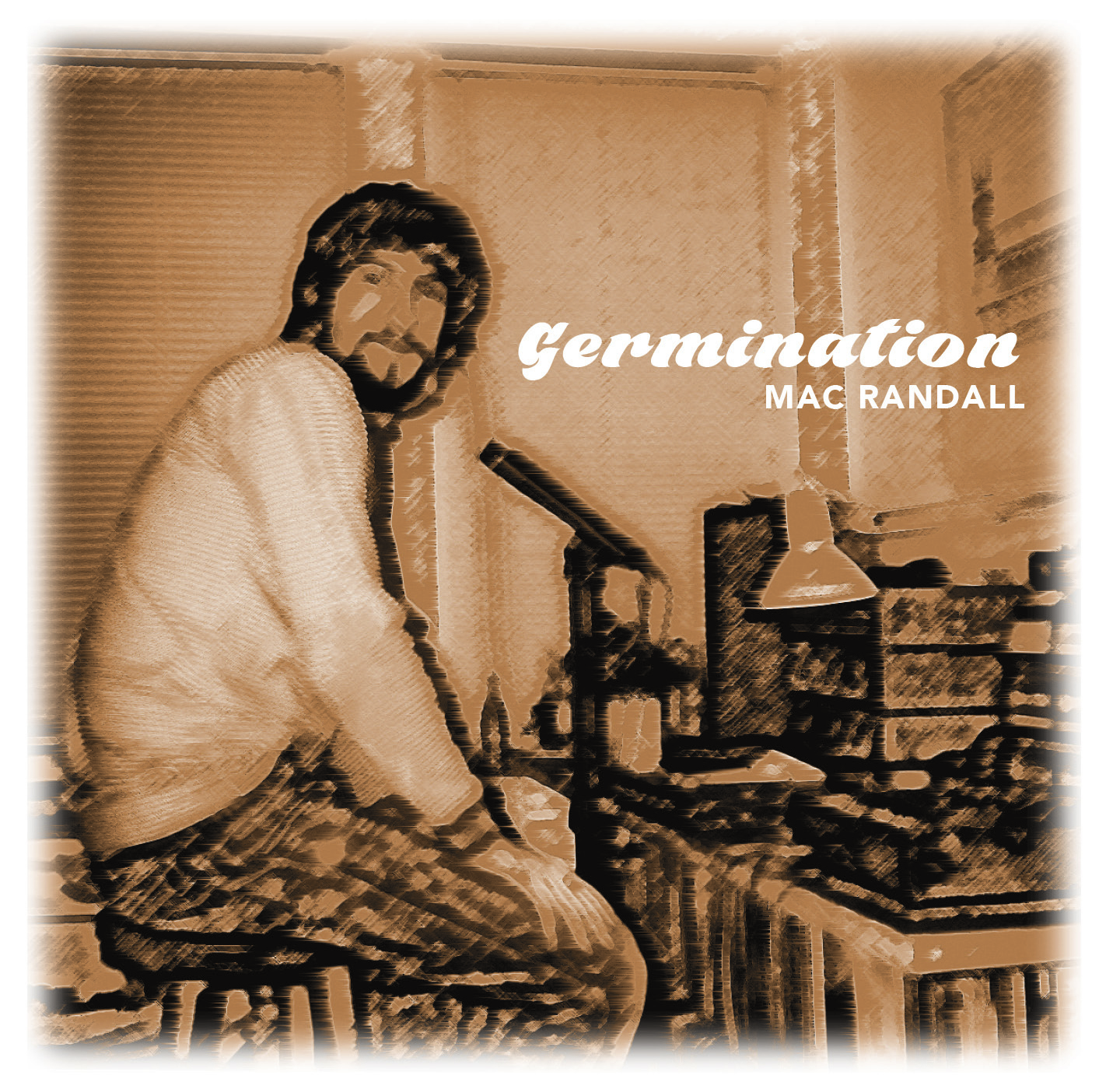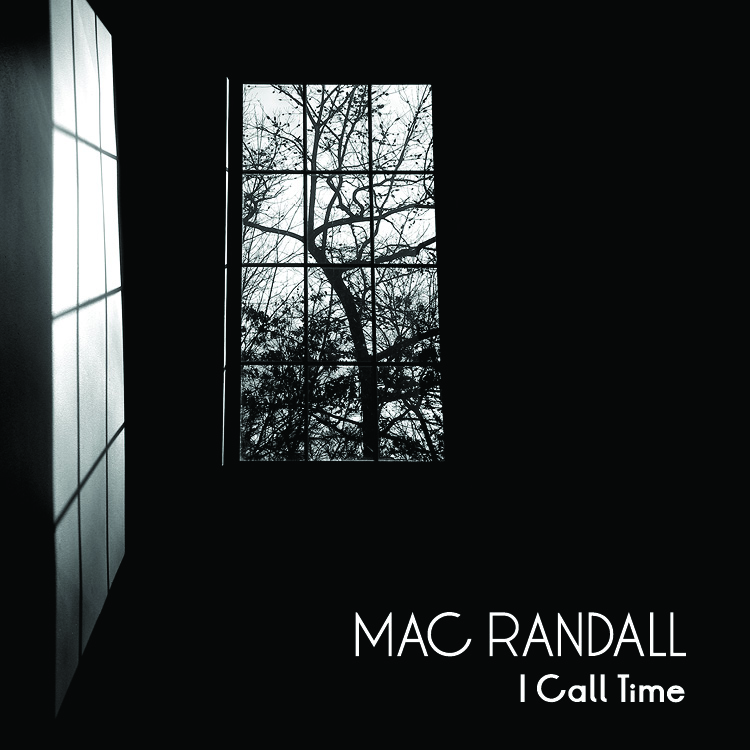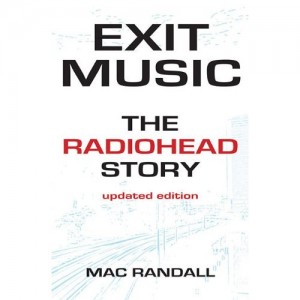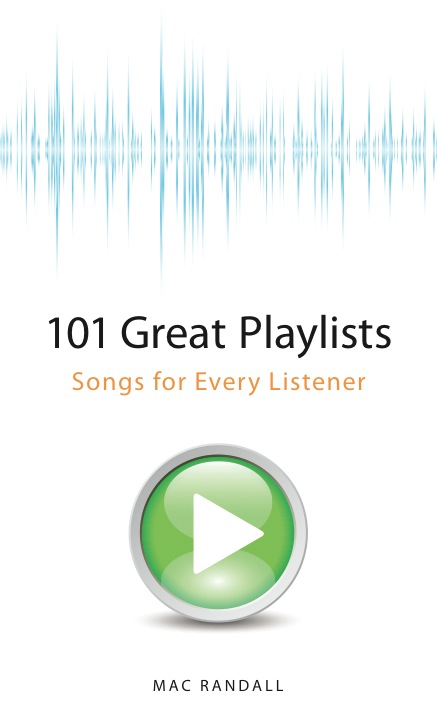A Blurry look back (Part 4): The ’96 interview

The legendary, now-departed NYC venue where my Blur interview happened. Photo taken by Craig Ruttle in November 2013, a few months before it closed.
It was Saturday, February 10, 1996, a cold late afternoon in midtown Manhattan, and I was standing in the middle of the Roseland Ballroom’s vintage hardwood dance floor, watching Blur soundcheck in preparation for their concert that evening. I had never seen the band perform live before, and was tickled when they and the four-piece horn section they were touring with broke into a jaunty version of Moisés Simons’ Cuban classic “The Peanut Vendor (El Manisero),” following the 1947 arrangement by big-band great Stan Kenton. The choice was perfect for the venue; you could practically see the lines of couples in ’50s ballroom regalia furiously rumba-ing across the floor. “We always like to play a piece of music at some point in the show that’s relevant to wherever we are,” Graham Coxon told me later, only half-seriously, “and I’ve seen nothing but peanut vendors walking around today.”
After the soundcheck was over, a publicist for Virgin, Blur’s U.S. label at the time, escorted me backstage to interview the band. The feature I planned to write about them for Musician would be just one part of a special issue covering Britpop, which had become a U.K. media craze the year before and was gradually gaining notice in America. The interview schedule called for three 20-minute shifts: lead singer/songwriter Damon Albarn first, then bassist Alex James, and finally guitarist Coxon and drummer Dave Rowntree as a pair.
My one and only interview with Blur, although serviceable, cannot be ranked as one of my finest. The surroundings weren’t ideal; in the background, the blare of opening band the Rentals’ soundcheck merged with the roar of a hockey game on TV by the backstage bar (New Jersey Devils vs. New York Rangers; Devils won, 3-0). Aware that I was writing an introductory piece for a readership that knew little about the group—Musician had barely published a word about them in the past five years—I didn’t ask a lot of deep questions. And although the band members were amiable enough, they were clearly suffering from road fatigue. They were also, unbeknownst to me, having intense arguments with each other on a regular basis.
The winter of ’96 was an uncomfortable time to be in Blur. On the bright side, their fourth album, The Great Escape, had been their first to make it onto the Billboard 200 chart. Unfortunately, it peaked at No. 150, selling only about 125,000 copies in the U.S. (even as it sold over two million in the rest of the world). Meanwhile, their bitter rivals from the north, Oasis, were gaining commercial traction everywhere. At the end of ’95, Albarn had said in an interview with Q, “The only thing we’ve got in common with Oasis is the fact that we’re both doing shit in America.” By the time that quote was published in February, Oasis’ (What’s the Story) Morning Glory? had reached the Top 5 in the U.S., on its way to selling more than four million copies. Embarrassing, to say the least.
In our conversation, Albarn made some remarks that could easily be interpreted as digs at Oasis: a criticism of “classic-rock attitudes” and “posturing” by unnamed individuals on the current British scene, and a claim that Blur were the only major Britpop band “who haven’t been sued” for plagiarism. This wasn’t true—Pulp were never sued either, although many argued they should have been for the way their song “Disco 2000” appropriated the central riff of Laura Branigan’s “Gloria”—but it did cover Elastica, the band led by Albarn’s then-girlfriend Justine Frischmann, who settled copyright infringement suits with Wire and the Stranglers out of court.
Albarn also expressed bewilderment at Blur’s status in America: admired in cooler quarters but deemed too British to succeed in the mainstream. “Our playing somewhere like this and selling it out quickly,” he said, “is purely due to working hard. It’s not a fashion thing. We’re not here because we’re on MTV all the time. We’re not getting played on MTV or on every radio station, and until that happens, it’s always going to be very frustrating coming here. I mean, there’s hundreds of kids outside who screamed as soon as we got out of the taxi and rushed us—it doesn’t equate to the amount of records we’ve sold. It should be a lot more for that sort of reaction. So it’s odd. It’s confusing, really. And personally, I think it’s grossly unfair that we haven’t been given that chance. We’ve come here every year for six years and slowly played bigger places. On sheer hard-work merit, we should have at least a minor hit here. But it’s not always that way, is it?”
We talked a lot about the Kinks’ Ray Davies, a major influence on Albarn’s songwriting in this period. “As soon as I discovered the Kinks I was like, ‘Fuckin’ hell, this is it.’ I saw ‘Lola’ on the television in Germany, of all places, when I was about 15, and I really felt something different about it than I usually felt about things. But I only got my first greatest-hits record when I was 18, so I was quite a latecomer to the whole Kinks thing. And within four, five years of that [actually more like seven], I was singing ‘Waterloo Sunset’ with Ray Davies [on British TV’s The White Room], which is ridiculous.
“I love him,” Albarn said of Davies. “He’s the only one from that generation who still wants to try different things. He hasn’t succumbed to the rock ’n’ roll myth at all. He was always so resolutely anti that, you know. And I suppose he’s in a better position now. Obviously, he isn’t as financially well-off or as revered as a legend, but he has more freedom as a person. I just think he’s civilized. And I’d rather be civilized than fabulously wealthy.”
The concept of being civilized seemed important to Albarn at this stage of the game. He referenced it again later when talking about his artistic aims: “It comes back to that word ‘civilization’ for me. It’s not trying to destroy, it’s trying to enrich. One of the criticisms that can be targeted at British music is that it’s very polite, but compared to America, it’s a very polite country, so it’s only reflecting that psyche. And we have a very singular tradition that’s just followed through from folk songs to music hall to pop. It’s a very pure lineage. There was R&B too, obviously, but I think that was the last time anything was added to what is a classic English formula: sad but happy songs.”
Many of Albarn’s sad but happy songs, like many of Ray Davies’, told third-person stories about fictional characters. Where did that interest come from? “I’ve never seen myself as a rock person. I’m more of a theater person. When I go onstage, I feel as though I’m in the theater, I’m not Mick Jagger or anything like that. Well, I went to drama school for a while, so I suppose that has a lot to do with it.”
Did he feel sympathy for the characters in his songs? “Absolutely. I couldn’t write about other people unless there was something of myself in them. They all have my own anxieties. But what I’m trying to do with the next record is to make it harder to distinguish between me and the characters. So I’ll sing about people but they’ll be first-person people. That’s the way the writing seems to be going at the moment. I’d like to think we’ll have another record out this year.”
Alex James agreed that this was likely, and he had something else to say about what listeners might expect from that next record: “We’re going to ban horns.” Considering how much horn parts had figured into the last couple of Blur albums, this was a major declaration. But it was only one of several highly quotable statements from James, who spent much of our interview fiddling with his fingernails, which had been newly painted dark blue. “It happened about six o’clock this morning,” he explained. “She was pretty. That’s why I let her do it. But it looks horrible.”
James talked about his musical abilities with an endearing mix of self-deprecation and mock bravado. “I can’t read music,” he noted. “The others are all classically trained. I’m the real one. But playing bass is easy, isn’t it, really? Just do the opposite of everyone else.” He also described being in Blur as “a perpetual jockeying for position and power. There’s no such thing as a democratic band. There’s lots of arguments, and then something beautiful eventually gets created.
“I dunno, I’m fairly bored of talking about traditions and stuff like that,” he added. “I want to smash everything up. I want to make gay disco music. Graham wants to be a punk. Damon wants to be Ray Davies, and Dave just wants to play jazz. That’s why it’s all such a mess.”
A few minutes later, we were marveling at the phenomenon of Hootie and the Blowfish, whose Cracked Rear View album had recently gone 12 times platinum in the U.S. “Twelve million Americans can be wrong,” James quipped. “It’s just very boring music, you know. It’s all right, but it’s not got the steering wheel of the 1990s in its grasp and doing handbrake turns, is it? It’s just ploddy, vacuous shit. Not sexy.”
Finally, there was this more philosophical moment: “Music always speaks more to people in slightly unbalanced emotional states, I think, and adolescence is a big one. All I did in adolescence was talk about music and haircuts and trousers and girls.” James paused, then smiled. “That’s still all I talk about.”
When I told James that I was interviewing Coxon next, he said, “Best guitarist of his generation, mate.” Earlier, Albarn had commented that the guitar parts Coxon added to his songs were “integral” and “made the words better.” Almost as soon as Coxon took his seat at the backstage bar next to Rowntree, I told him what his bandmates had said. He responded, “When did they say that? They’re both creeps.” I think he was joking.
My memory of this part of the interview was that Coxon seemed nervous and guarded, while Rowntree was laid-back and outgoing. But listening back to their voices on cheap cassette tape all these years later, they both sound pretty relaxed and friendly. Discussing the gorgeously dissonant second chord of The Great Escape’s “It Could Be You” (a B-flat7sus4 following the initial C, for those of you keeping track), Coxon was droll. “I do like using funny chords,” he said. “You know, they’re there to be used, so I’ll use them. There’s nothing so boring as strumming major chords.”
When I mentioned that his playing reminded me at times of XTC’s Andy Partridge, he acknowledged the similarity, but with a slight edge of malice most likely inspired by Blur’s uncomfortable recording experience with Partridge four years earlier. “Yeah, I suppose I am very similar to Andy, but I’m not a staunch olde-English stubborn git like him. I don’t limit myself to anything, I hope. That’s why Blur sounds like it does, because none of us limit our experiences musically.”
“We’re musical Hoovers, really,” Rowntree agreed, “sucking things in across the whole spectrum. I find music, full stop, interesting. I’ll listen to anything, because there’s always something to be gotten from it.”
Asked how the band was managing on the tour, Rowntree laughed and went Dickensian. “It was the best of times, it was the worst of times. The evenings are the best of times, the mornings are the worst of times.”
Later that night was a good time indeed, as Blur regaled a sold-out crowd of 2,500 with a set that leaned heavily on songs from Parklife and The Great Escape, plus a cheeky cover of the Knack’s “My Sharona.” Few in the audience could have known that the band was closing the door on its Britpop phase. As it turned out, the next album, Blur, didn’t arrive before year’s end (it came out in March ’97), but when it did, the other predictions made at Roseland proved correct. Yes, Albarn’s lyrics had shifted toward the first person, though many were fairly inscrutable. And yes, horns were nowhere to be found. Blur had reinvented themselves again as a bolder, rougher rock band, a reinvention that would yield them their biggest hit in America.
It’s amusing to note that nearly 20 years after my Blur interview took place, the band’s comeback album The Magic Whip debuted at No. 24 in Billboard—their highest U.S. chart position ever. Still not a wildly successful placement, perhaps, but certainly a civilized one.
If you missed the earlier posts in this series and are interested in more musings on Blur, go here.






